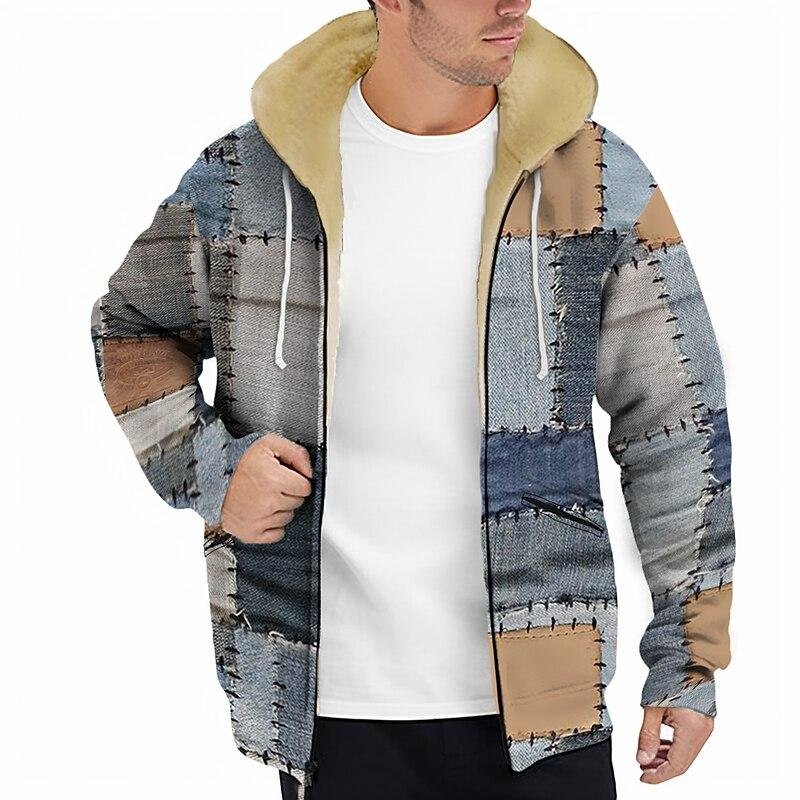Tag: fashion, clothing brands, sustainability
The fashion industry is constantly evolving and changing to keep up with consumer demand. This has led to the rise of “fast fashion,” a term used to describe the rapid production and consumption of inexpensive clothing that follows current trends. While fast fashion may be popular among consumers for its affordability and quick turnover of styles, it has had a significant impact on the traditional clothing industry.
One major effect of fast fashion is its influence on established clothing brands. With new styles being produced at an alarming rate, top brands are forced to constantly adapt in order to stay relevant. This can lead to increased competition and pressure for these companies to produce cheaper garments in order to keep up with the lower prices offered by fast fashion retailers.
Moreover, fast fashion’s emphasis on speed and quantity over quality has also raised concerns about sustainability in the industry. The use of cheap materials and labor practices have contributed significantly to environmental degradation as well as poor working conditions for factory workers overseas.
In contrast, sustainable clothing brands prioritize ethical production processes and use sustainable materials such as organic cotton or recycled fabrics. However, the higher cost associated with these practices often makes it difficult for them to compete with fast fashion retailers who offer similar styles at much lower prices.
Despite these challenges, some traditional clothing brands have taken steps towards incorporating more sustainable practices into their production processes. They are now using eco-friendly materials or implementing fair trade policies which not only benefit their brand reputation but also contribute positively towards global issues such as climate change and social responsibility.
As consumers become more aware of these issues surrounding fast fashion, there has been a growing trend towards supporting sustainable options when it comes to purchasing clothes. This shift could potentially create significant changes within the industry if consumers continue demanding greater transparency and accountability from companies regarding their production methods.
In conclusion, while fast-fashion may seem like a convenient option for trendy and affordable clothing, its impact on the traditional clothing industry and the environment cannot be overlooked. By supporting sustainable brands and making conscious choices when it comes to fashion, we can make a positive difference in promoting ethical practices in the clothing industry.

